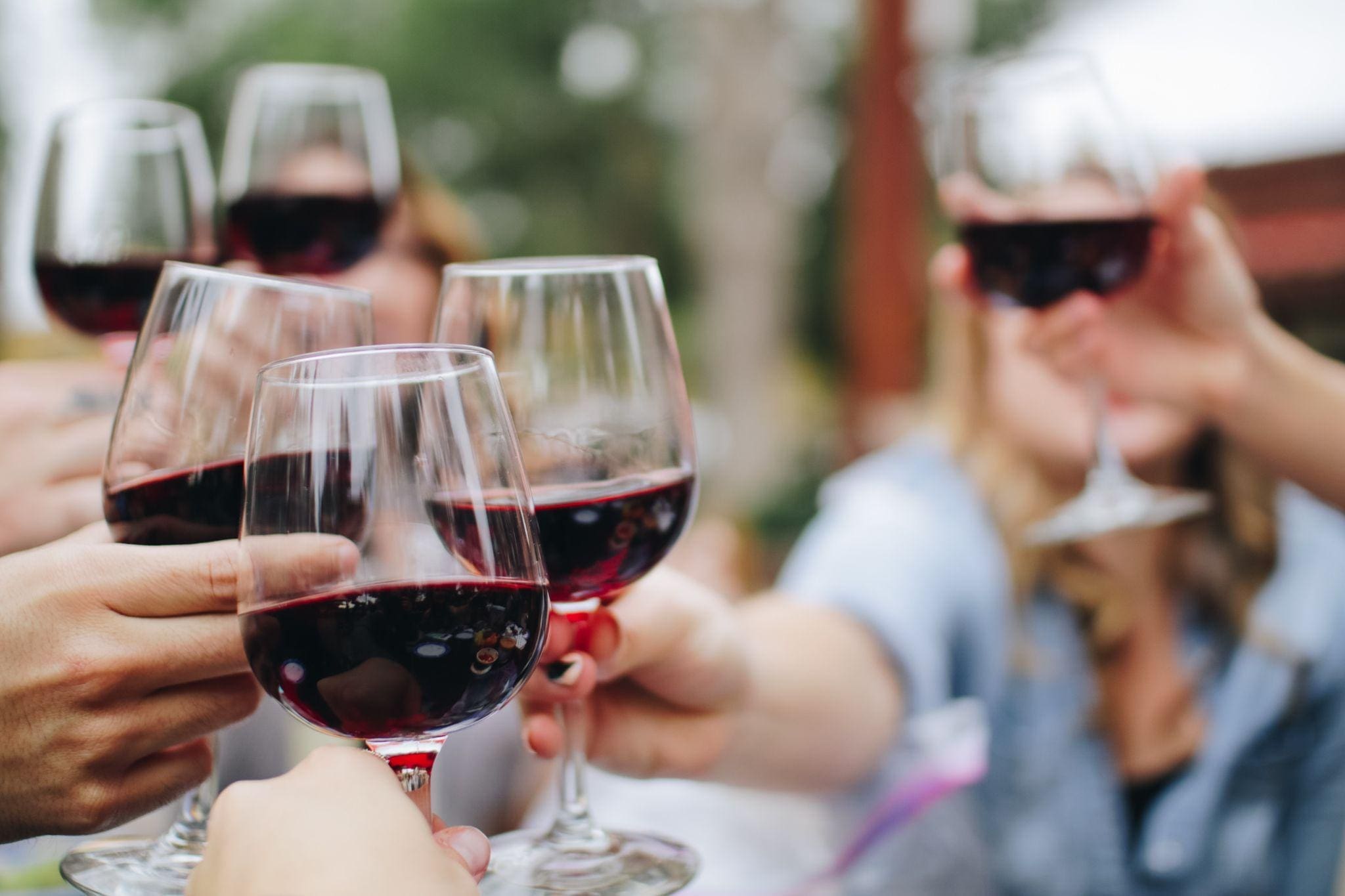While many people consider wine to be an elitist beverage, the truth is that everyone can learn about it. From basic information about different types of grape varietals to in-depth discussions of terroir, there are opportunities for everyone to learn about wine.
What is There to Learn About Wine?
While some may reference wine as being an acquired taste, it is definitely possible for everyone to learn about the different types of wines they may run into. There are many important things to learn about wine. Knowing what type of grape was used to produce a wine can tell you a lot about what characteristics you might find in its flavor profile. Pinot noir grapes are most frequently associated with being earthy or fruity, whereas chardonnay grapes have a tendency to lean towards more of a buttery or creamy taste.
It is also important to understand wine faults and how to recognise wine that is in bad condition for a range of reasons.
Expense and value for money is another important aspect of learning about wine. Understanding that wines do not have to be expensive in order to be good is an important thing for everyone to know about wine. Wine critics often talk about how the price of a bottle does not give any indication of its overall quality, which is why they may fall into the trap of believing that they can only afford bad wines. There are many inexpensive bottles available that have received high ratings. This means that money should never prevent someone from trying a wine.
Long story short, with a world of information out there, there are endless things to learn about wine. But how can you get started?
How Can I Learn More About Wine?
While it is certainly empowering to understand some basics about wine, more detailed and expert information may be something you wish to pursue. Finding out about wines that are available in your area and even visiting certain vineyards like V Sattui Winery can be a great way for anyone to get started with learning about wine.
Many people also learn about wine by reading books and magazines, visiting expert websites and blogs and speaking with friends who are knowledgeable about wine.
If you love to travel, seek out a destination that focuses on wine. Gatlinburg, for example, is a great ‘hidden gem’ wine destination. There are many opportunities for a wine tasting in Gatlinburg, Tennessee.
Others may prefer to enroll in a series of virtual or in-person wine tasting and winemaking classes for a more formal and comprehensive training. Learning about wine often takes time and patience, but will offer a rewarding experience for those interested in learning more about the beverage.
Wine Tasting Courses
Wine tasting courses are offered at many wineries around the world. Taking a wine tasting course has become an educational ritual for both experienced wine drinkers and those who are new to the pleasures of fine wines. Cost of wine tasting courses will vary depending on the location, size of class, and additional amenities offered by the winery and whether the classes are virtual or in-person. Wine tasting courses offer the opportunity to learn more about and experience a variety of wines and local foods that pair well with these fine wines.
The course usually begins with an instructor leading the class through a brief introduction of wine, its origins and societal impact throughout history. Different techniques for tasting different types of wines are explained in this introduction. For example, when sipping a dry red wine the class is instructed to swirl their glass and then take a small sip of wine, hold it in their mouth for several seconds and finally inhale much like when smelling a fine perfume.
The instructor will offer the class samples of wines to try at this point. Once everyone has had an opportunity to taste the wines, the instructor will lead a discussion about each wine and its distinct characteristics. This is followed by participants sampling several more wines and making comments as they go along. Wine and food pairing and how to serve different types of wines are also addressed during this course. During the tasting portion of the class, white wines may be sampled before reds. The class will usually end with an informal question and answer session between the instructor and participants.
Resources for Learning About Wine
There are a range of free online resources to help you learn about wine. You can learn everything from how to taste, what to smell, and the history of winemaking. Other sites provide information about different types of wines, where they come from, and how long they’ve been around for. It’s up to what you’re looking for, but if you want free online resources about wine, there’s no shortage of helpful information out there. And don’t forget to enjoy yourself while browsing!


